
The California American Indian Tobacco Initiative Evaluation (CAITIE) team is based in the Herbert Wertheim School of Public Health and Human Longevity Science at UC San Diego. We are the evaluators of the California Department of Public Health, California Tobacco Control Program’s (CTCP), California American Indian Initiative to Reduce Tobacco-Related Disparities statewide funding initiative, referred to as the ‘American Indian Initiative’.
About CAITIE Evaluation
Our goal with the CAITIE evaluation is to conduct an independent examination of the impact and outcomes of the American Indian Tobacco Initiative. Conducting the evaluation offers multiple benefits, including contributing to the initiative’s accountability to its stakeholders, recognizing successes as well as areas for improvement, and identifying lessons learned on how necessary changes and enhancements to the program can be successfully implemented. In addition, the evaluation data may enhance current knowledge about the effectiveness of policy and system change campaigns for the prevention and reduction of tobacco use in American Indian tribal communities in California. Lastly, by providing evidence on the effectiveness of the policy and system change campaigns, evaluation results can assist American Indian tribes and tribe-serving organizations in acquiring future funding to support the continuation or expansion of their tobacco reduction and prevention efforts.
We are reliant on input from key informants with first-hand knowledge of the funded projects and the communities that are being impacted by their new tobacco reduction and prevention efforts. Through a series of surveys and interviews at three different points in time, and through a small number of focus groups, we are gathering views, experiences, and stories from people about the process, successes and lessons learned from across the participating tribal programs throughout California. This will help build a picture of how the overall Initiative is doing and to provide future recommendations to CTCP.
Sharing Impact: CAITIE Dissemination Videos
This collection includes a series of three videos developed to share key findings from CAITIE. The videos were produced in late 2024 as part of the evaluation’s dissemination strategy. The first video introduces the evaluation team; the second presents major findings from the 2019-2024 evaluation cycle; and the third highlights overarching takeaways and policy recommendations. The videos were designed to support community accessibility and stakeholder engagement, and are grounded in the evaluation data. The content was developed by the CAITIE evaluation team, with direction, editing, and creative support from Fnu Moazzma.
View the CAITIE videos in the UC San Diego Library Digital Collections.
Meet the Team
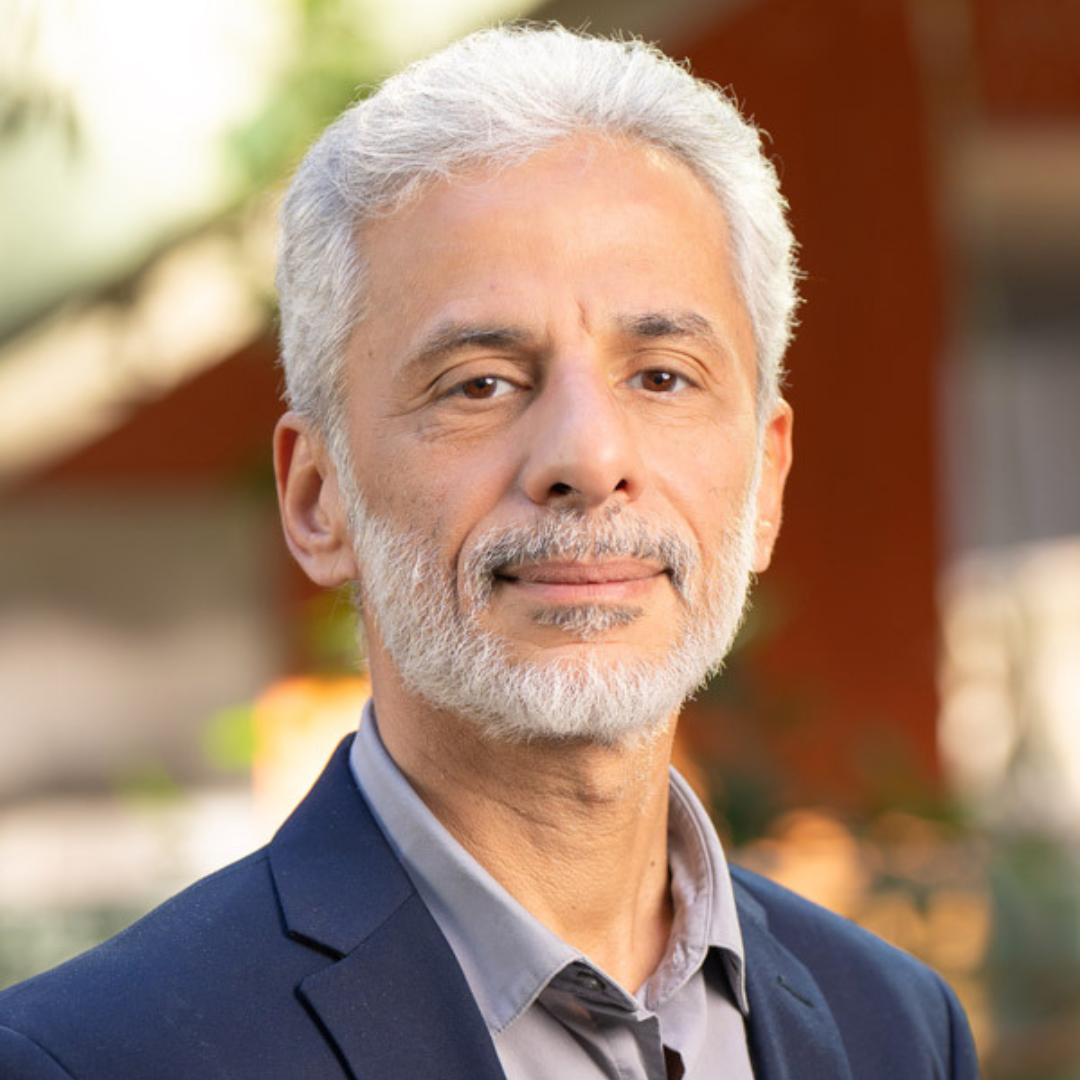 Wael Al-Delaimy, MD, PhD
Wael Al-Delaimy, MD, PhD
Principle Investigator
Dr. Al-Delaimy is the principal investigator for the team. He is a professor of public health with more than two decades of research work on tobacco control within California and on a national scale. 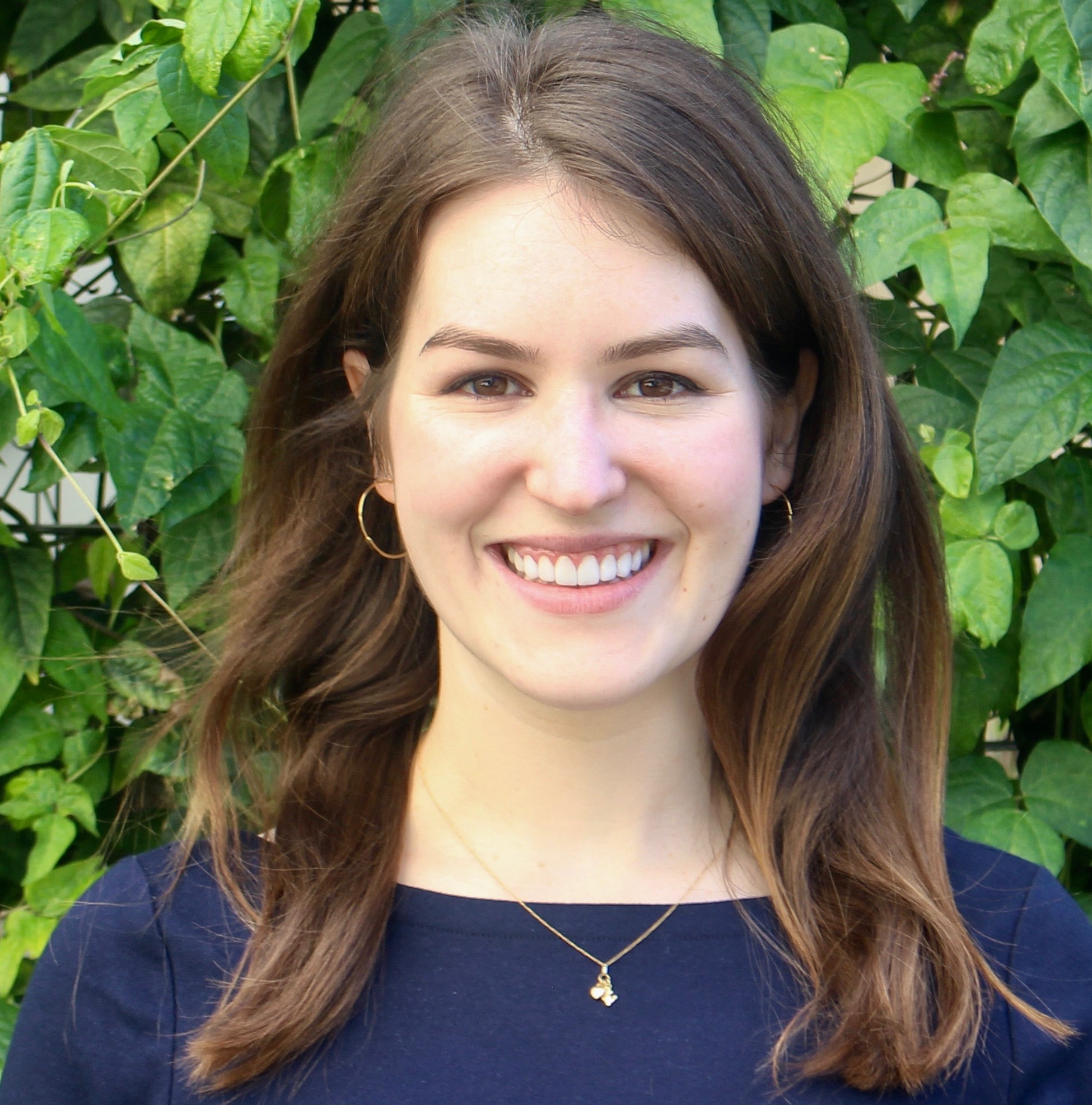 Lauren Nippoldt, PhD
Lauren Nippoldt, PhD
Senior Research Analyst
Dr. Nippoldt uses her experience analyzing education outcomes, food insecurity, and access to health care as a senior research analyst with CAITIE. She has worked with community-based organization in the United States and India, supporting access to medical care, improvements in education outcomes and interventions regarding food insecurity. Nathan Gonzalez, PhD
Senior Research Analyst
Dr. Gonzalez uses his experience in mixed-methods research, ethnographic methods, and structural inequity as a senior research analyst with CAITIE.
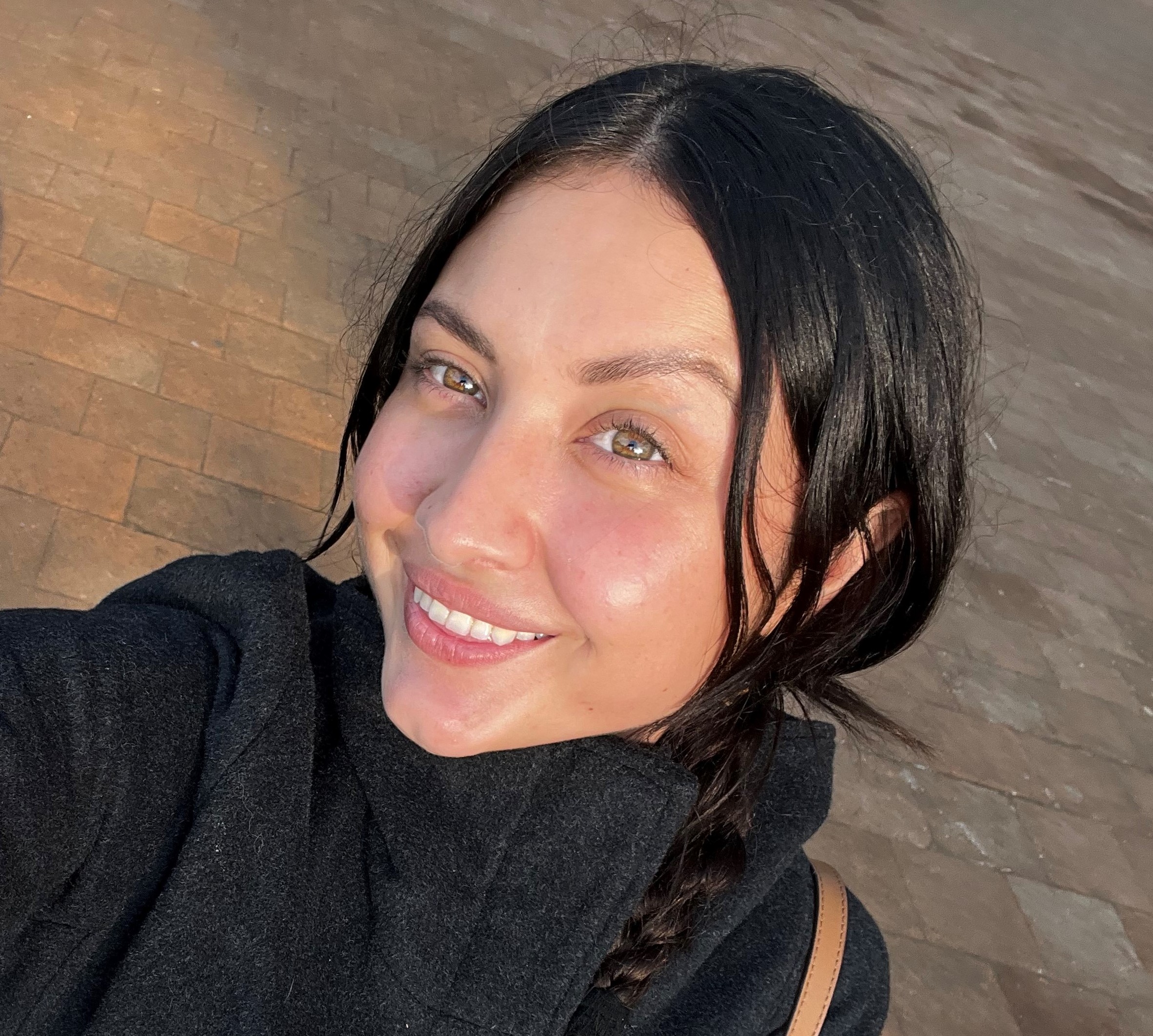
Alexxa Casanova
Community Engagement Coordinator
Alexxa is a proud Kumeyaay from the San Pasqual Band, she is a dedicated advocate for Native wellness. She holds an associate’s degree in arts, a Kumeyaay Studies certificate, and is pursuing a bachelor's in American Indian Studies at San Diego State University. She serves as secretary for Indigenous Regeneration and teaches yoga to Native communities. As Community Engagement Coordinator at CAITIE, she supports Indigenous health initiatives, driven by her passion for community and cultural revitalization.
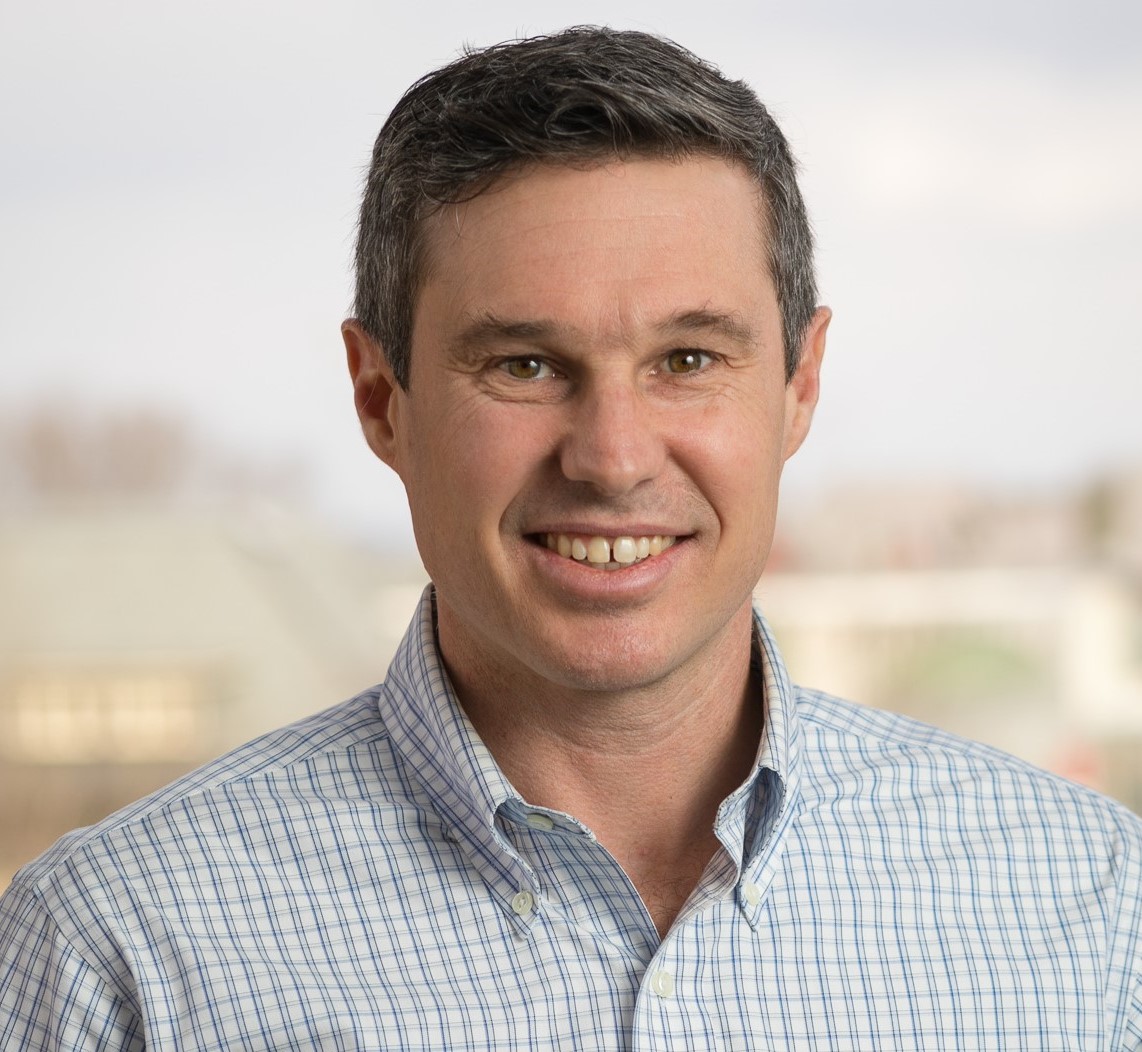 Kelly Neilsen, PhD
Kelly Neilsen, PhD
Assistant Director of the Center for Research and Evaluation, UC San Diego Division of Extended Studies
Dr. Nielsen is the assistant director of the Center for Research and Evaluation at UC San Diego Division of Extended studies. His research has focused on inequalities in education, labor markets, organizations and juvenile justice.
Georgia Kovacs, PhD
Director of the Center for Research and Evaluation
Dr. Kovacs is director of the Center for Research and Evaluation at UC San Diego and leads a team of researchers on projects focusing on education, social justice, and health.
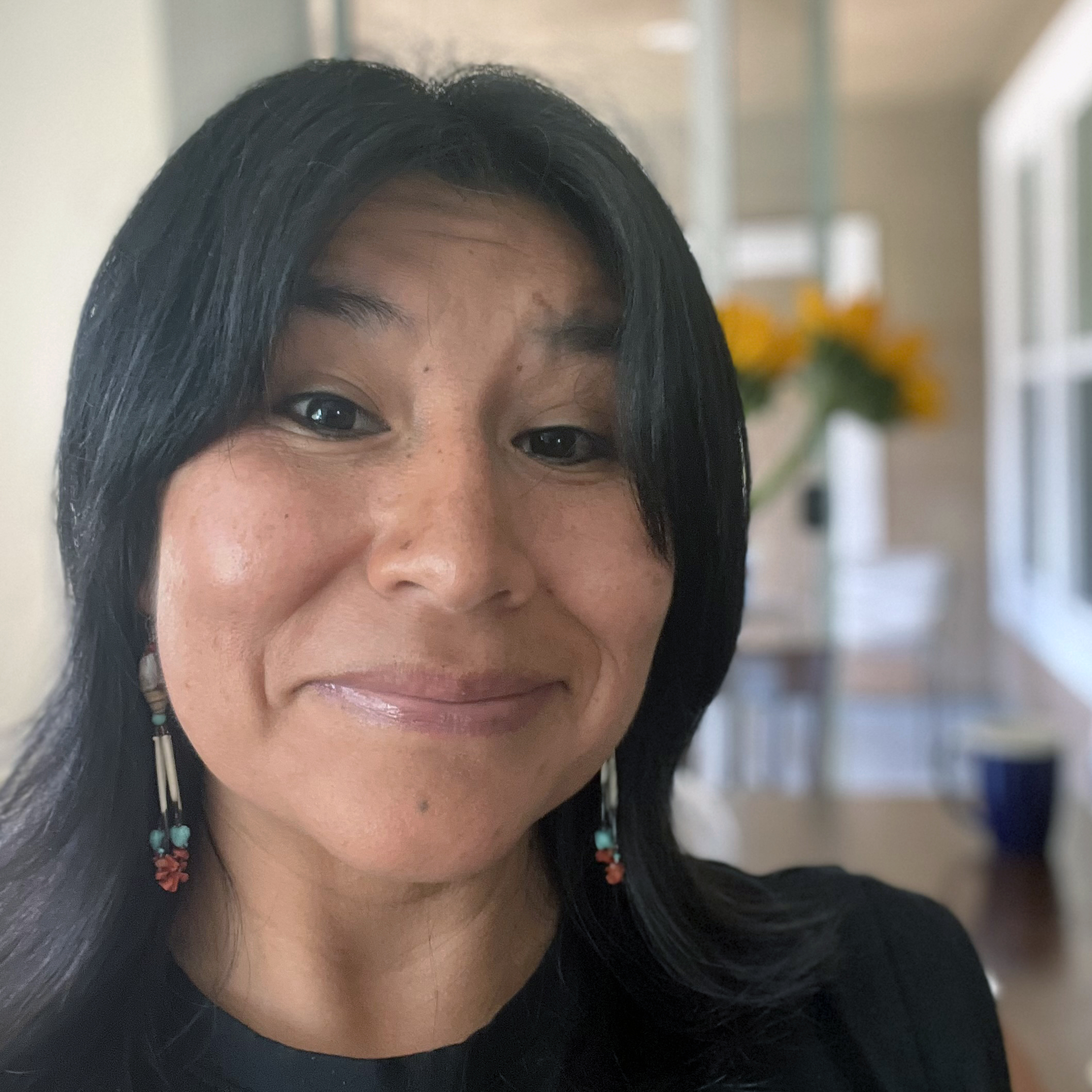 Mary Leyva, MA
Mary Leyva, MA
Administration Coordinator
Mary is an Indigenous person from Peru, she is deeply passionate about cultural awareness and Native cultures. With 16 years of experience working with community-based organizations, she will support CAITIE’s community engagement efforts by creating partnerships, conducting interviews, assisting with Talking Circles, and conducting qualitative analysis.
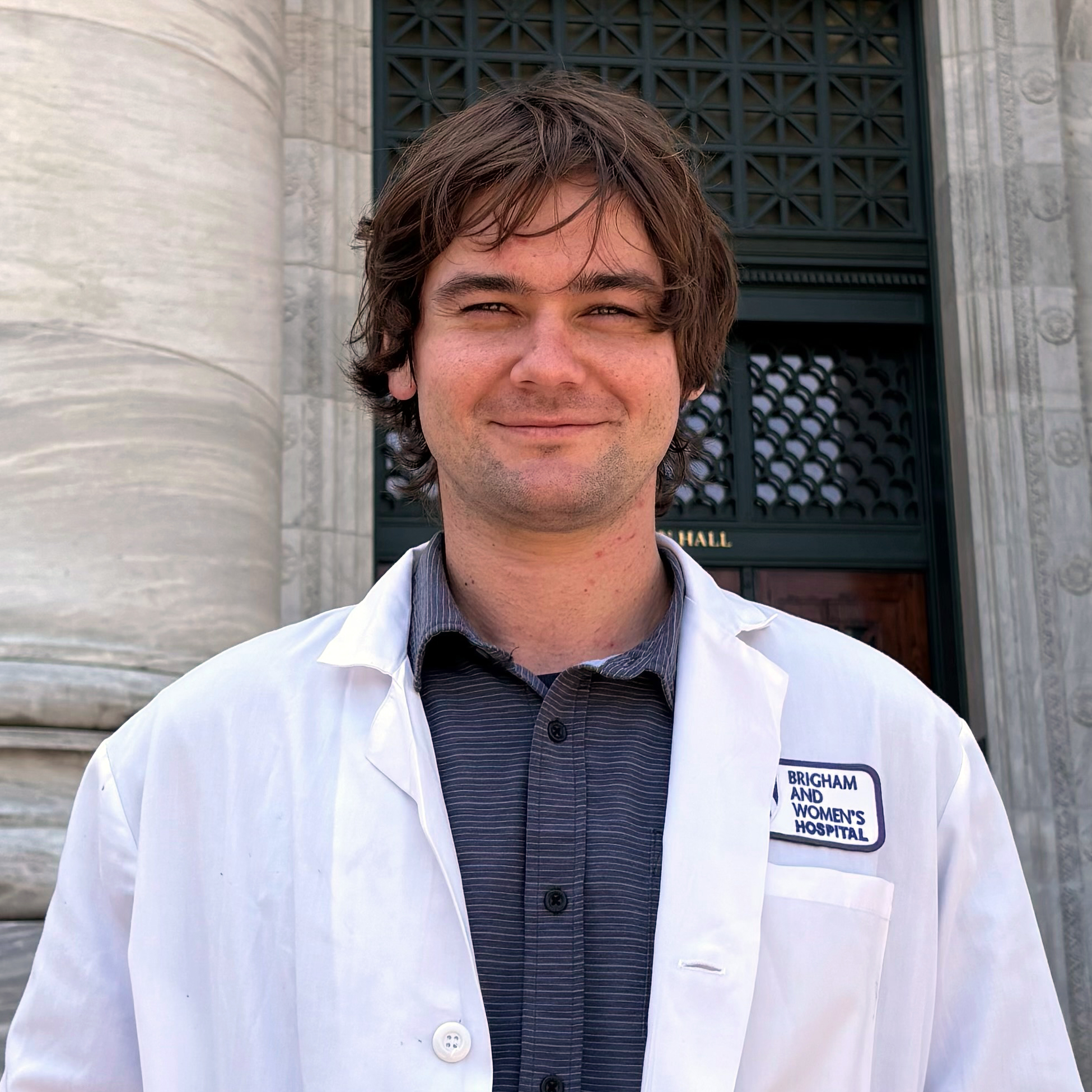 Jared Helms
Jared Helms
CAITIE Intern
Jared, a citizen of the Cherokee Nation and a current graduate student at UC San Diego. He will support CAITIE by conducting outreach to tribal partners, facilitating interviews and Talking Circles, and fostering community engagement. His work helps strengthen connections between CAITIE and Indigenous communities.
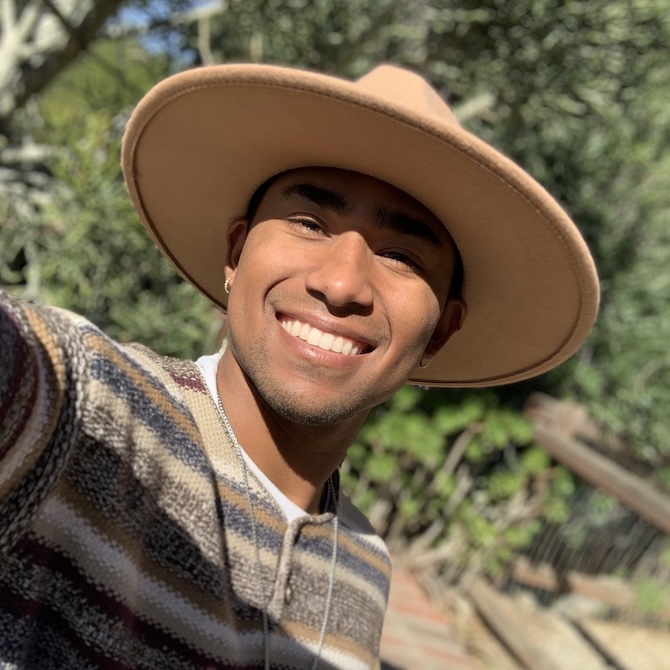 Joseph Rodriguez
Joseph Rodriguez
CAITIE Intern
Joseph is Luiseño from the Rincon Band of Luiseño Indians and Haliwa-Saponi from the Haliwa-Saponi Indian Tribe. As a CAITIE intern, Joseph conducts community outreach for tribal partner interviews and assists with qualitative analysis.
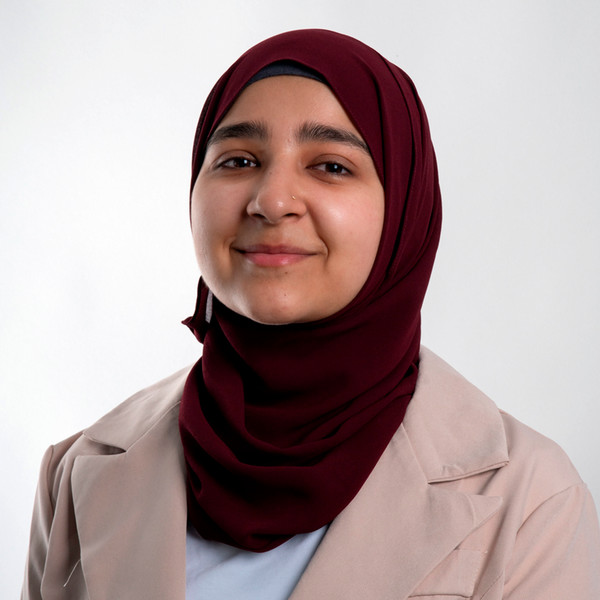 Fnu Moazzma
Fnu Moazzma
CAITIE Intern
Fnu Moazzma is an immigrant from Pakistan, who is currently studying public health with a concentration in biostatistics at the Herbert Wertheim School of Public Health. Her work with CAITIE involved creating dissemination videos and supporting the research team.
Meet the Advisory Committee
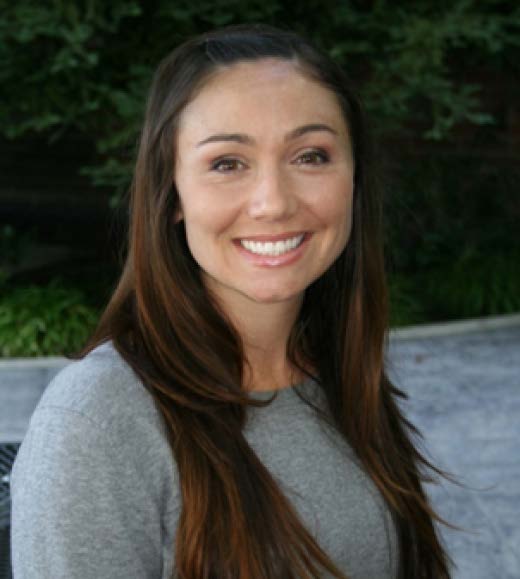 Danielle Lippert, MPH
Danielle Lippert, MPH
Danielle earned her bachelor’s degree in Kinesiology from San Diego State University and her master’s in Public Health from the University of California, Davis. She is a member of the Estom Yumeka Maidu Tribe of California. She is an evaluation associate with the Tobacco Control Evaluation Center (TCEC).
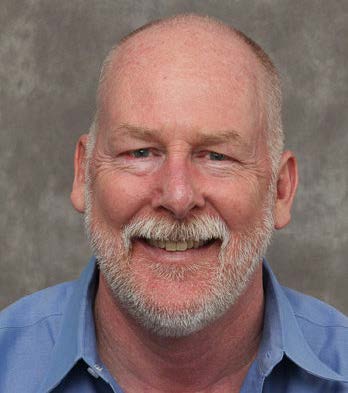 Roland Moore, PhD
Roland Moore, PhD
Dr. Roland Moore is the Center Director and Senior Research Scientist at the Prevention Research Center in Berkeley, where he was awarded his Ph.D. by the Department of Anthropology. He is the lead technical assistance provider for Native American grantees in the California Office of Health Equity’s California Reducing Disparities Program, Phase II (Prevention Research Center).
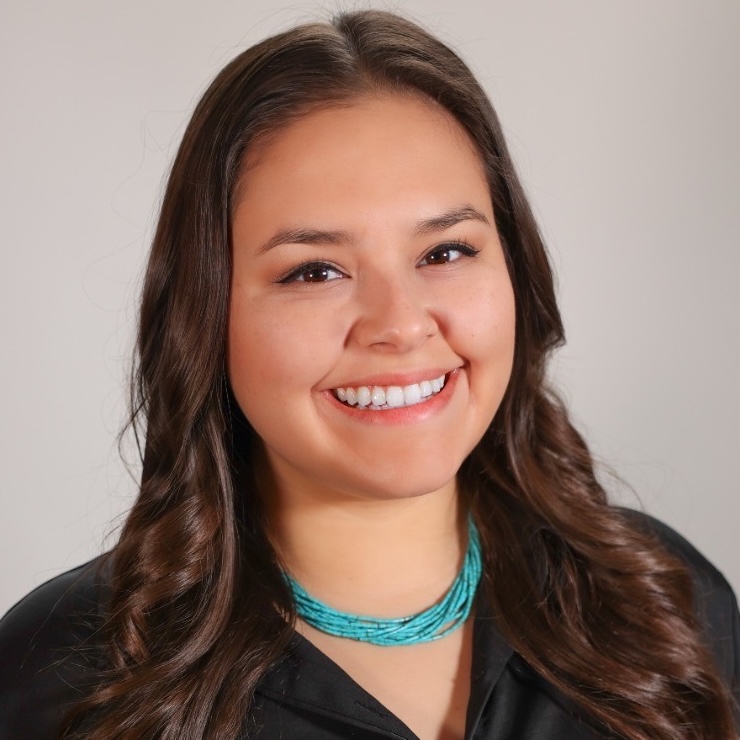 Chase Kornacki (Navajo), BS
Chase Kornacki (Navajo), BS
Chase Kornacki is the Tobacco Education Prevention Outreach and Cessation (TEPOC) project coordinator at Indian Health Council, where she leads tobacco prevention and cessation initiatives tailored to the unique needs of American Indian communities. As a Master of Public Health student at the UC San Diego and Cornelius Hopper Diversity Trainee, Chase is an emerging researcher and dynamic public health advocate for Indigenous peoples.
 Chag Lowry, MEd
Chag Lowry, MEd
Chag Lowry, MEd, is of Yurok, Maidu, and Achumawi Native ancestry from northern California. He is the executive director of the Indigenous Futures Institute (IFI) at UC San Diego. IFI is an interdisciplinary community established in 2020 with the support of the Social Science Research Council. IFI is committed to uplifting Indigenous knowledge, cultural practices, and stewardship by amplifying the work of knowledge keepers and community members from different backgrounds, disciplines, and institutions.
Chag is also the publisher and the writer of the science fiction comic book, Reflections, with art by Eli Hyder, the writer of the water advocacy comic Where the Water Flows Strong with art by Weshoyot Alvitre (Tongva), the co-writer of the basketry comic My Sisters with art by Weshoyot Alvitre, the writer of the western comic Follow the Water with art by Rahsan Ekedal, and the writer of the award-winning graphic novel Soldiers Unknown with art by Rahsan Ekedal and published by Great Oak Press. Soldiers Unknown is endorsed by the Yurok Tribe, the United States World War One Centennial Commission and the American Indian Veterans Association of Southern California.
Lorraine Orosco, MA, Education
Lorraine, a member of the Kumeyaay Nation in Southern California, serves as a board of trustees member and instructor at Kumeyaay Community College. She is also the executive director of the education department for the San Pascual Band of Mission Indians. A dedicated community advocate, Lorraine teaches part-time at Cuyamaca College and serves on the UC San Diego Chancellor’s Community Advisory Board.
CTCP’s American Indian Initiative
American Indians in California are disproportionately impacted by high smoking prevalence and have low smoking cessation rates compared to the rest of California. They are an important, yet hard to reach, priority population. In order to address these concerns, the California Department of Public Health (CDPH)/California Tobacco Control Program (CTCP) developed the California Tribal Grants to Reduce Tobacco-Related Disparities (American Indian Initiative). The American Indian Initiative focuses on reducing commercial tobacco-related disparities affecting the American Indian population. It was created following recommendations from the State of California’s 2018-2020 Tobacco Education and Research Oversight (TEROC) Committee’s Master Plan: New Challenges, New Promises for All.
Commercial tobacco is manufactured by companies for recreational and habitual use in cigarettes, electronic cigarettes, smokeless tobacco, pipe tobacco, cigars, hookahs, and other tobacco products. Commercial tobacco is mass-produced and sold for profit. Through four American Indian Initiative waves of grants, CDPH/CTCP is funding 13 American Indian Tribes and five American Indian serving non-profit community-based organizations, as well as a statewide Tribal Community Coordinating.
A new tribe-focused approach to reducing commercial tobacco use disparities
The goal of the American Indian Initiative is to promote tribal approaches to reducing tobacco-related health disparities from commercial tobacco use among California’s American Indian/Alaskan Native population to more effectively address these problems. It does not seek to impinge upon the sacred use of traditional or ceremonial tobacco in American Indian communities.
The American Indian Initiative aims to do this through providing grants and technical support to California tribes and tribe-serving community organizations to direct their own commercial tobacco product use prevention and reduction efforts focusing on collaboration and community engagement. These efforts include:
- Building the capacity and skills for tribal communities and Indian Serving Community Organizations to implement tobacco use prevention and reduction interventions and provide health education services.
- Mobilizing and engaging the community residents and tribal government organizations to support policy and system changes on the prevention and reduction of tobacco use.
- Improving the implementation, support, and evaluation of tribal project policy system change campaigns on the prevention and reduction of tobacco use.
It is doing this through a three-prong approach that includes:
- Establishing a Statewide Tribal Communities Coordinating Center to provide technical and educational assistance to funded efforts,
- Providing grants directly to California American Indian Tribes to direct their own commercial tobacco reduction and prevention efforts, and
- Providing grants non-profit non-governmental organizations serving California’s American Indian/Alaskan Native populations to direct commercial tobacco reduction and prevention efforts within the tribal communities they serve.
Past Team Members
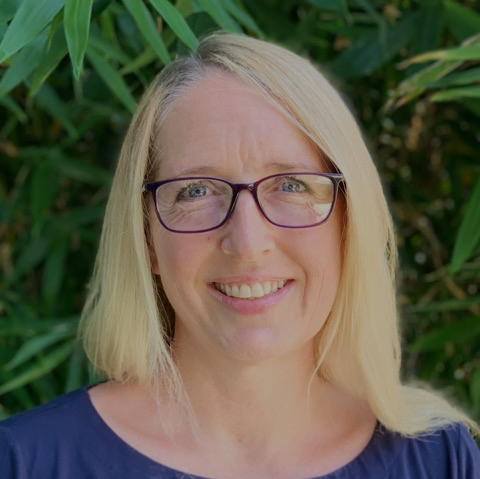 Rachel Berquist, PhD
Rachel Berquist, PhD
Administrative Director
Rachel previously worked with Dr. Al-Delaimy as the California Tobacco Survey’s Program Coordinator and has also been involved in coordinating a variety of other research projects over the years, in addition to utilizing her biological sciences background asa researcher. During this time has accumulated a wealth of expertise in managing and administering programs, and providing support to facilitate the work of project personnel, subcontractors and consultants. She is also a scientific writer and contributes to grants and manuscripts and other project dissemination materials. Rachel is the point of contact for the CAITIE evaluation.
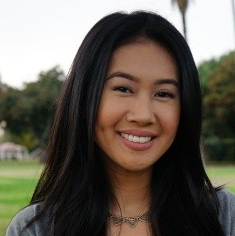 Alex Resari, MA
Alex Resari, MA
Research Associate
Alex conducts evaluation activities for CAITIE and the County of San Diego’s Prevention and Early Intervention (PEI) programs. She is also the training coordinator for the PEI team, where she is responsible for coordinating workshops and providing technical assistance to County mental health programs on how to collect, analyze, and use data from the Mental Health Outcomes Management System (mHOMS). Alex has a Master’s degree in Psychology with a co-concentration in Health Behavior Research and Evaluation from Claremont Graduate University.
 Me Young Song, BS
Me Young Song, BS
Research Associate
Me Young received a Bachelor of Science in Public Health at UC San Diego and is currently a candidate for the Master in Public Health graduate program at UC San Diego. She is currently working on the CAITIE, Prevention and Early Intervention (PEI), La Maestra – SAMHSA grants, and Data De-Identification projects at the Health Services Research Center (HSRC).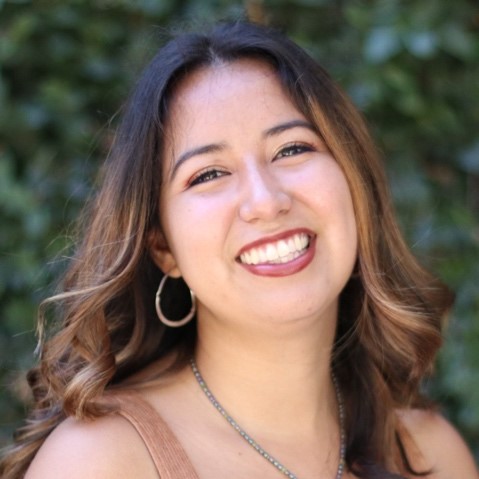 Anah Esquerio, BS
Anah Esquerio, BS
Research Associate
Anah recently graduated from UC San Diego with a B.S. in Global Health and is now pursuing her Master’s at San Diego State University in Public Health with a concentration in Epidemiology. After COVID-19, she saw the health impact disproportionately affecting the Navajo Nation and the underserved communities in this country which furthered her resolve to be an Epidemiologist in the future. Anah also currently holds CAITIE’s Evaluation Research Intern position, and works with the team on survey and interview data collection and analysis.
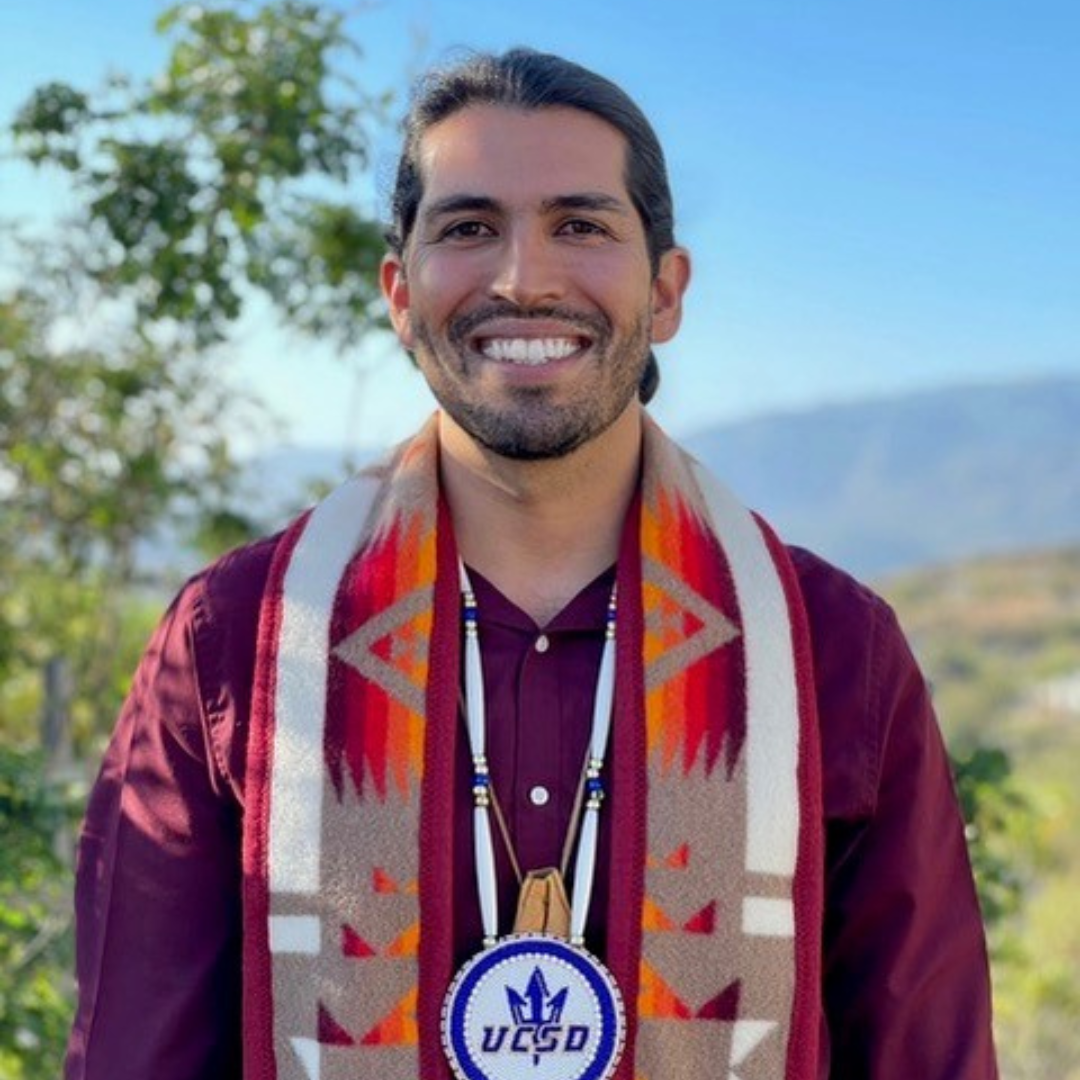 Juan Reynoso, MA
Juan Reynoso, MA
CAITIE Assistant
Juan is Ipai- Kumeyaay from the San Pasqual Band of Kumeyaay Indians. He will assist CAITIE with qualitative analysis and community engagement.
 J.W. Weibe, MPH
J.W. Weibe, MPH
CAITIE Assistant
J.W. will assist with interviews and focus groups and conducts qualitative analysis of interview data for CAITIE. He will also author a case study using data from the project.
